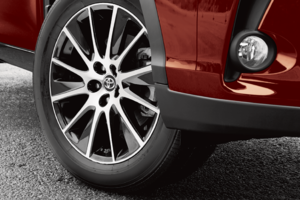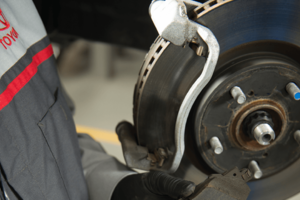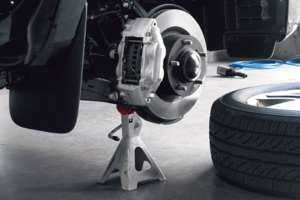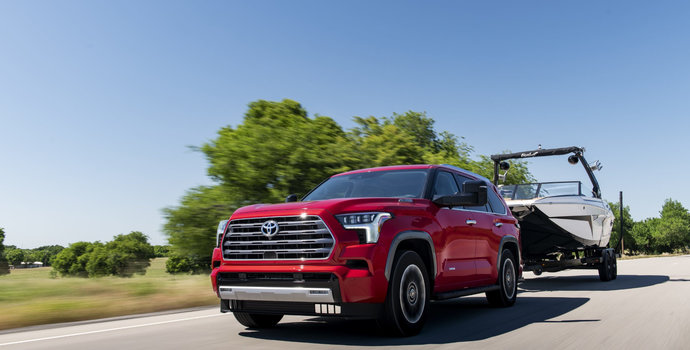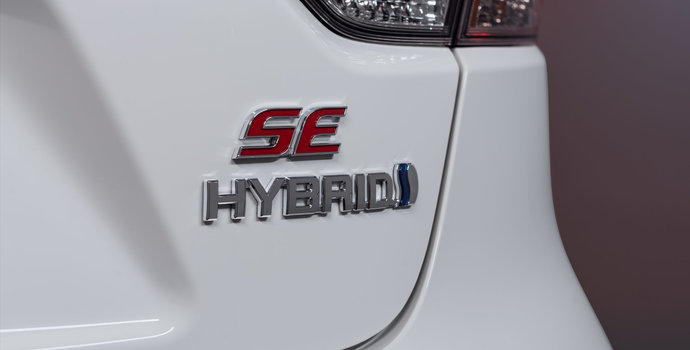Without properly functioning brakes you don’t have proper control of your vehicle. Faulty brakes put you and your passengers in unnecessary danger. Here’s a rundown of what you should keep in mind.
How Long Do Brakes Last?
Your brakes should last upwards of 50,000 km if they are maintained or serviced regularly.
The life expectancy of your brakes and brake pads will be different from manufacturer to manufacturer. Some vehicles come equipped with higher-end brake components that will last longer than vehicles equipped with less expensive brake components. Your driving habits and driving conditions also play a role in how long your brakes will last so the need for regular brake inspections is very important.
What Are the Symptoms of Bad Brakes?
A major indicator of brake issues is when you’re hearing strange sounds like high-pitched squealing, screeching, or growling noises. Such sounds are caused by a built-in wear indicator or metal-on-metal contact, indicating brake pad issues. Another signal of when your pads or rotors may need to be replaced is when a pulsating or vibration is felt when applying the brake pedal.
If there is uneven friction a symptom could be that the vehicle pulls to the left or right. This type of movement exposes you and other drivers on the road to potential danger.
The Importance of Regular Inspection of your Brakes
Brakes are part of a complex system and designed to bring your vehicle to a safe stop. Each component needs to be examined periodically with inspections to ensure optimal performance. Brake pads, in particular, wear out over time and will need to be replaced. Brake pads are the most commonly replaced part of the braking system.
When to Replace Brake Pads?
You should bring your vehicle in to a licensed mechanic for an inspection if you experience any form of abnormal brake response when driving. When extra effort is needed to slow down the vehicle after applying the brakes or the brakes squeal when applied it’s a good idea to have it checked out soon.
Why Your Brake Fluid Should be Periodically Checked?
Brake fluid attracts water, and during emergency braking or regular usage, moisture build-up reduces braking effectiveness and can cause internal corrosion. Plus, brake components such as rubber seals will break down over time.
You can’t fully flush the fluid yourself. But you can top up your brake fluid reservoir to the proper fill level if you see its low. A full fluid flush would need to be done by your Toyota service technician.
It is advised that you have your brake fluid level checked every two years or 40,000 km. Your brakes will work more efficiently as a result and extend the life of your braking system.
Follow the Toyota Recommended Maintenance Schedule
It’s important that you follow the Toyota maintenance schedule to ensure your vehicle functions at optimal performance levels. Following the maintenance schedule saves you money over the long term because it lessens the likelihood of unexpected mechanical breakdowns and ensures the safe operation of your vehicle.
Get all your servicing questions answered by visiting Goderich Toyota today!




